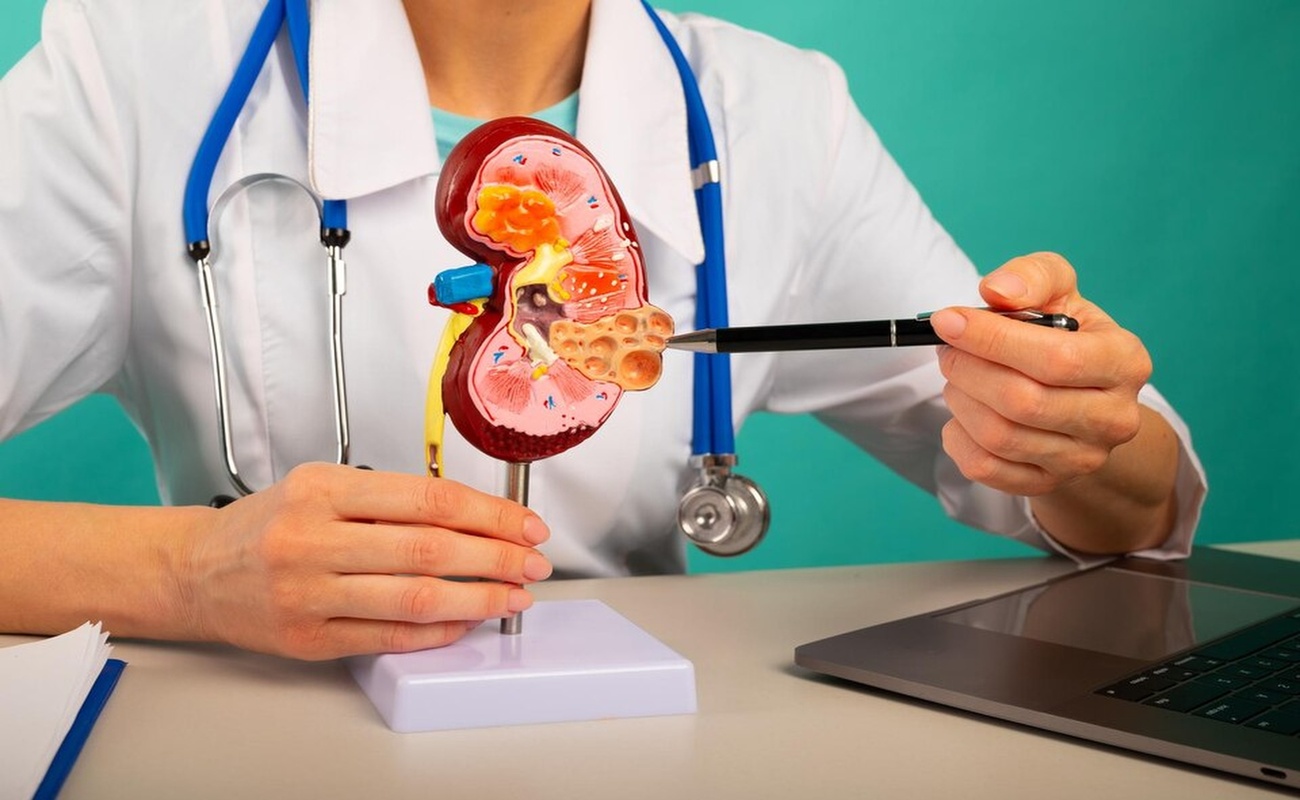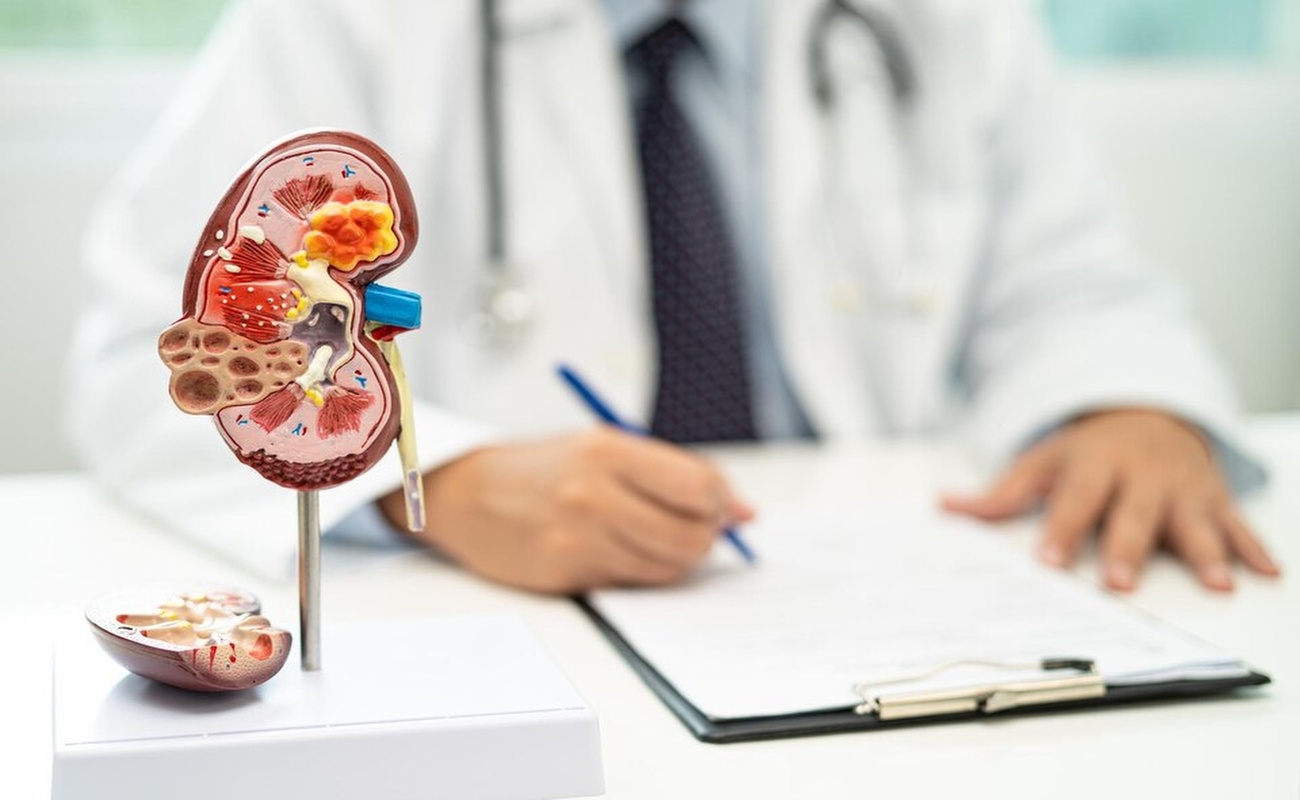Fatty liver disease is the result of excessive fat accumulation in the liver cells. It may significantly impact your overall health. The two primary forms are alcoholic fatty liver disease and non-alcoholic fatty liver disease (NAFLD). Excessive alcohol use might result in alcoholic fatty liver. NAFLD is associated with high cholesterol, diabetes, and obesity.
Understanding Fatty Liver Disease
Fatty liver disease may result from the liver storing too much fat. This excess fat may harm the liver cells. The body finds it harder to process nutrients and get rid of contaminants. Being overweight, having type 2 diabetes, or consuming excessive amounts of alcohol are some factors that increase your risk.
The illness comes in several forms, ranging from non-alcoholic steatohepatitis (NASH) to simple steatosis. Because NASH damages and inflames the liver, it is worse. It may worsen and lead to liver failure if you don’t address it. Physicians can treat and prevent the illness more rapidly when they are aware of how this mechanism operates.
Symptoms Of Fatty Liver Disease To Watch For
Unexplained Fatigue And Weakness
Fatigue is a common symptom of fatty liver disease. People have less power when their liver is injured since it is a vital component of energy production. Even with enough rest, patients may experience unwarranted fatigue and weakness. Daily chores become difficult for them since they are always exhausted.
When the liver isn’t functioning properly, toxins accumulate and harm overall health. It takes a while for people with fatty liver disease to recover from fatigue. It continues to occur and worsens with time. As a result, it is crucial to closely monitor variations in energy levels.
Abdominal Discomfort Or Pain
People with fatty liver disease often have pain in the upper right side of their abdomen. The source of this discomfort is the enlargement and swelling of the liver. It may feel acute, painful, or dull. Most of the time, it aches in the back or under the ribcage. Additionally, it could expand to the shoulder region. After consuming fatty meals, stomach pain is severe. You need to visit a doctor right away if the discomfort doesn’t go away. Persistent stomach discomfort may indicate a problem or deterioration in liver function.
Unintentional Weight Loss Or Gain
Unaccounted-for weight fluctuations may indicate liver illness. Weight reduction may result from improved nutrition intake and decreased appetite. Conversely, some individuals put on weight. Either retaining water or altering digestion is the cause of this. When the liver isn’t functioning, the body can’t consume or store energy. Inadvertent weight shifts need to be handled. They can indicate that the illness is worsening or that the liver is severely affected. You can keep an eye on the condition of your liver by recording variations in weight.
Jaundice (Yellowing Of Skin And Eyes)
Jaundiced people have yellow eyes and complexion. It happens when bilirubin, a yellow pigment produced during the breakdown of red blood cells, is not adequately broken down by the liver. When bilirubin accumulates, it becomes yellow, indicating serious liver injury.
You could have additional symptoms, such as pale stools and black urine, in addition to jaundice. You should visit a doctor immediately if yellow appears. It often indicates worsening liver disease or other issues. Liver damage may be prevented from worsening with early identification.
Swelling In The Abdomen (Ascites)
Ascites is the term for abdominal swelling that results from an accumulation of fluid in the abdominal area. It indicates severe liver damage. Fluid seeps into the abdomen because the liver finds it more difficult to produce proteins and regulate fluid levels. The stomach could seem enlarged or swollen. It may not be easy to move or breathe in extreme situations. In most cases, ascites are an indication of persistent liver cancer. Early intervention may reduce discomfort and prevent fluid accumulation.
Swollen Legs And Ankles
Leg and foot oedema may result from an excess of water in the body. This occurs when the liver produces insufficient amounts of albumin and other proteins. Water seeps into the tissues when albumin levels are low. Grass increases the likelihood of lower body swelling. Swelling may be accompanied by pain or tightness. After standing for a long period or at the end of the day, it becomes more noticeable. Monitoring fluid accumulation is crucial to preventing issues and facilitating mobility.
Loss Of Appetite
Fatty liver disease patients may be unwilling to eat. It affects the liver’s ability to digest meals and absorb nutrients. Lack of appetite may lead to undernutrition and weight loss. Some folks may not feel satisfied right away or desire to eat. Even if this indicator is minor, you shouldn’t disregard it. A prolonged period of fasting may weaken the body and delay recovery. Keeping a healthy diet is vital for managing liver disease.
Itchy Skin Or Rashes
Itchy skin is another indication of liver dysfunction. It occurs when the body produces an excessive amount of bile salts. However, The liver normally eliminates bile salts and liver illness interferes with this process. One area or the whole body may be itchy. In some places or at night, it might occasionally develop worse. Scratching may result in rashes or itching. Addressing the gastric issue that is causing the itching skin is necessary. For a brief while, hydration may be beneficial.
Lesser-known Symptoms To Be Aware Of
Cognitive Issues (Brain Fog)
Clarification is necessary since brain fog makes it difficult to concentrate and recall things. It is brought on by toxins that accumulate in the body. The liver often filters out toxins. Deterioration of the liver allows toxins to enter the brain. It is more difficult to think coherently as a result. Some individuals find it difficult to concentrate on their work. The way of thinking could also be exhausting. Whatever you’re doing, brain fog may interfere. You should see a physician immediately if you observe these symptoms. Taking care of liver issues might improve the health of your brain.
Hormonal Imbalances
The liver aids in hormone regulation. Hormones might go haywire when the liver is injured. Women may have irregular periods or libido fluctuations as a result of this. Males may have less body hair or larger breasts. Hormonal changes may impact mood and energy levels. You must treat the liver condition that is generating these symptoms. Hormone therapy may be recommended in certain situations.
Easy Bruising And Bleeding
Bleeding and bruising are more likely when there are fewer blood clotting factors. The liver produces the proteins that aid in blood coagulation. When the liver is injured, these proteins decrease. People may often sustain bruising, gum bleeding, or nosebleeds. It might take longer for certain cuts or wounds to heal. It is critical to be aware of these indicators. They could indicate liver cancer that has progressed. Using clotting medications and improving liver function are two strategies to manage bleeding symptoms.
Conclusion
Fatty liver disease symptoms are often not immediately apparent. As the condition progresses, these symptoms worsen. You may cope with the issue by identifying it early and altering your way of living. You should see a healthcare professional if you encounter any of the symptoms mentioned above. By exercising caution, you can safeguard both your liver and your overall health.









